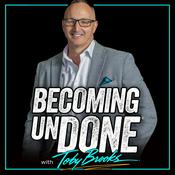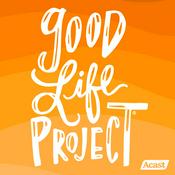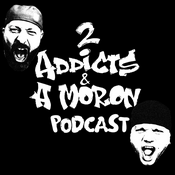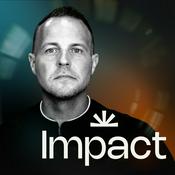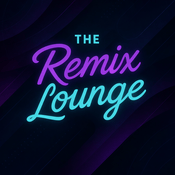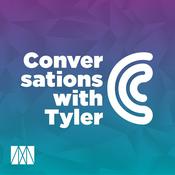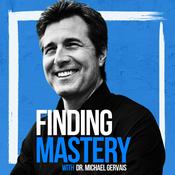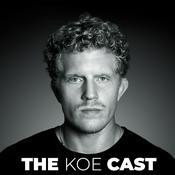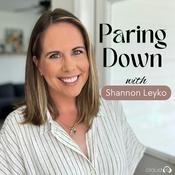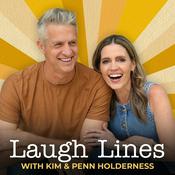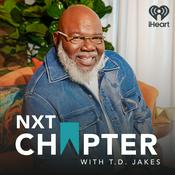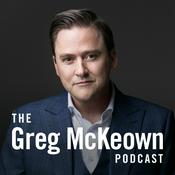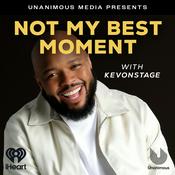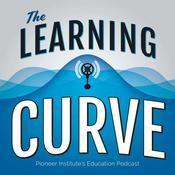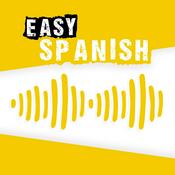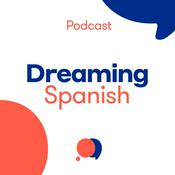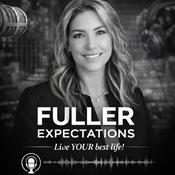63 episodes

ChatGPT Atlas Launch and Mental Health
11/03/2025 | 41 mins.
News-Inspired Case Studies is a new series from Glenn Ostlund and the NCE StudyGuide Podcast.Each episode begins with a current news story and unfolds like a counseling case study — exploring how real-world events ripple through the human nervous system, emotions, and behavior.Created for both NCE preparation and ongoing professional development, this series bridges counseling theory, neuroscience, and culture to show how the world outside our therapy rooms shapes what happens inside them.These episodes are also part of Glenn’s own continuing education — what he calls his AI puppet show — where tools like ChatGPT and Notebook LM help research, organize, and synthesize ideas into layered, soul-centered learning experiences.Whether you’re studying for the National Counselor Exam or seeking to deepen your clinical understanding, News-Inspired Case Study offers a timely, integrative, and thought-provoking way to stay grounded, informed, and inspired. ★ Support this podcast on Patreon ★

The Federal Government Shutdown and Mental Health
10/30/2025 | 40 mins.
News-Inspired Case Studies is a new series from Glenn Ostlund and the NCE StudyGuide Podcast.Each episode begins with a current news story and unfolds like a counseling case study — exploring how real-world events ripple through the human nervous system, emotions, and behavior.Created for both NCE preparation and ongoing professional development, this series bridges counseling theory, neuroscience, and culture to show how the world outside our therapy rooms shapes what happens inside them.These episodes are also part of Glenn’s own continuing education — what he calls his AI puppet show — where tools like ChatGPT and Notebook LM help research, organize, and synthesize ideas into layered, soul-centered learning experiences.Whether you’re studying for the National Counselor Exam or seeking to deepen your clinical understanding, News-Inspired Case Study offers a timely, integrative, and thought-provoking way to stay grounded, informed, and inspired. ★ Support this podcast on Patreon ★

3I/Atlas and Mental Health
10/27/2025 | 33 mins.
News-Inspired Case Studies is a new series from Glenn Ostlund and the NCE StudyGuide Podcast.Each episode begins with a current news story and unfolds like a counseling case study — exploring how real-world events ripple through the human nervous system, emotions, and behavior.Created for both NCE preparation and ongoing professional development, this series bridges counseling theory, neuroscience, and culture to show how the world outside our therapy rooms shapes what happens inside them.These episodes are also part of Glenn’s own continuing education — what he calls his AI puppet show — where tools like ChatGPT and Notebook LM help research, organize, and synthesize ideas into layered, soul-centered learning experiences.Whether you’re studying for the National Counselor Exam or seeking to deepen your clinical understanding, News-Inspired Case Study offers a timely, integrative, and thought-provoking way to stay grounded, informed, and inspired. ★ Support this podcast on Patreon ★

Listener Essay Case Studies: The Old Ship Zion
10/26/2025 | 53 mins.
Resurrected listener essays from the Infants on Thrones podcast being used as case studies for NCE prep. ★ Support this podcast on Patreon ★

Listener Essay Case Studies: The Problem of Good
10/23/2025 | 51 mins.
Resurrected listener essays from the Infants on Thrones podcast being used as case studies for NCE prep. ★ Support this podcast on Patreon ★
More Education podcasts
Trending Education podcasts
About NCE Study Guide
Listen to NCE Study Guide, Digital Social Hour and many other podcasts from around the world with the radio.net app
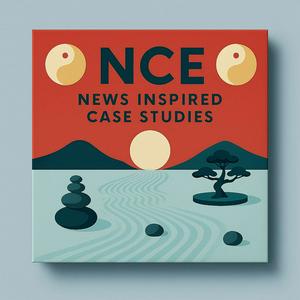
Get the free radio.net app
- Stations and podcasts to bookmark
- Stream via Wi-Fi or Bluetooth
- Supports Carplay & Android Auto
- Many other app features
Get the free radio.net app
- Stations and podcasts to bookmark
- Stream via Wi-Fi or Bluetooth
- Supports Carplay & Android Auto
- Many other app features


NCE Study Guide
download the app,
start listening.

